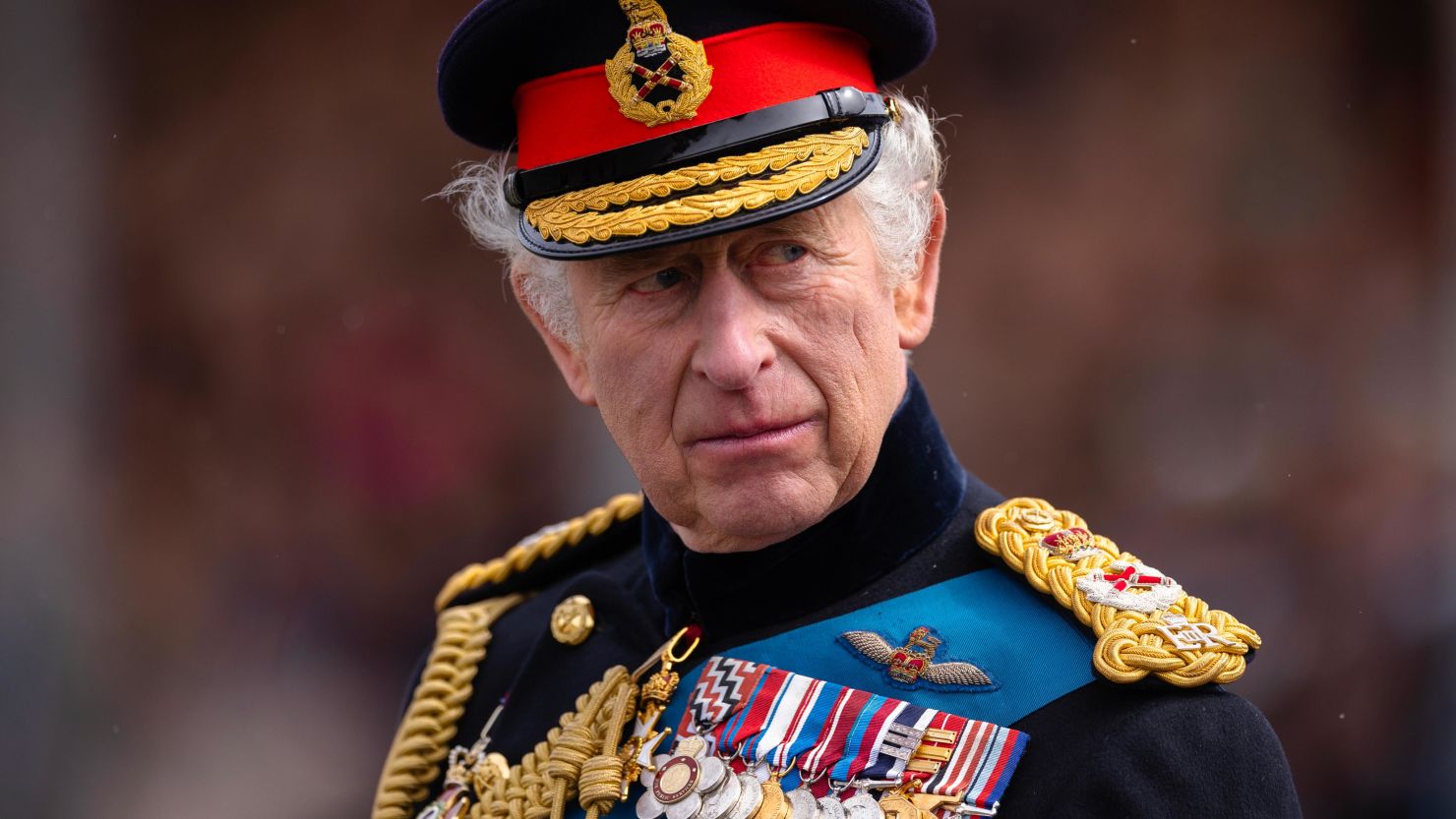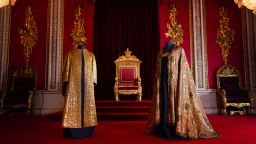Editor’s Note: Ahmed Twaij is a journalist, filmmaker and doctor. The views expressed in this piece are his own. View more opinion on CNN.
This weekend marks the celebration of King Charles’ ascension to the British throne. While nurses, paramedics and school teachers have been going on strike and surviving off food banks amid a devastating cost of living crisis, the newly minted monarch is going ahead with a nationwide event at an estimated cost of $125 million to the UK taxpayer.
If Charles III wants the pomp and ceremony of a coronation, he should instead use a negligible portion of the vast sums of money he has accrued over the years thanks to his birth-given status as a royal.

After all, the coronation is a purely ceremonial event. Nothing changes this weekend, which comes eight months after Prince Charles became the king immediately following the death of his mother, Queen Elizabeth II. The ritualistic crowning, which is not legally required, is an archaic event that most European monarchies have done away with.
It’s ironic that the country claiming to be the world’s oldest democracy has clung so fervently to the tradition. Nearby Norway repealed coronations in 1908 because it was seen as an undemocratic event. Denmark ended coronations after 1840 following its shift toward parliamentarism. Spain’s last formal coronation was all the way back in 1555, while Belgium’s monarchy doesn’t even have a crown with which to conduct a coronation. The British monarchy, on the other hand, has a plethora of (often violently looted) royal jewels, including the Koh-i-Noor, a 100-plus-carat symbol of imperial plunder from India.
Public perceptions of the monarchy have been shifting with modernity, and the coronation doesn’t seem to be helping to keep them positive. According to the British government, the event represents a “solemn religious ceremony,” which made sense when Brits believed in the divine right of kings. But given that the majority of the public no longer identifies as Christian, and presumably even fewer believe that Charles derives his authority from God, such a bells-and-whistles church production seems entirely unnecessary.
More generally, a poll commissioned by the BBC days before the coronation found that a massive 70% of Brits aged 18 to 35 said they are “not interested” in the royal family (overall, 58% weren’t). It also found that a plurality of 45% believe Charles is “out of touch” with the experiences of the public.
Buckingham Palace has promised to make public the true cost of the coronation, and a spokesperson said in a statement, “One of the lessons from Her late Majesty’s funeral was how a national occasion like this, a great State occasion, does attract huge global interest that more than repays the expenditure that goes with it, indeed it vastly exceed it in terms of the boost to our economy and to our nation’s standing.”
It is often argued that the British economy benefits more than it loses from the royals. However, these tourist dollars might well continue whether or not the royal family does. The most-visited royal palaces in Europe are the Louvre and Versailles, both in a country, France, that abolished its monarchy in 1792. It is entirely plausible that Buckingham Palace would welcome more paying visitors if the royals no longer lived there.
Either way, to force British taxpayers like me to pay for Charles’ vanity party is disrespectful to the will of the people, especially when the new sovereign’s enormous wealth could sponsor the event multiple times over.
Following his mother’s death, Charles inherited crown assets worth up to £15.2 billion ($19.1 billion). On that massive sum, he didn’t have to pay the 40% inheritance tax a member of the general public would have had to. Add to that the king’s regular income, starting with the sovereign grant – an annual payment from the British government amounting to £86.3 million ($108.5 million) this year. Another key source of income flows from the Duchy of Lancaster estate, which produced £24 million ($30 million) in income for Charles in the most recent financial year. He is also the beneficiary of a $500 million multi-year renovation of another of his properties – Buckingham Palace – that the public is bankrolling.
The sovereign grant was introduced in 1760 by King George III – the same ruler whose policy of taxation without representation helped ignite the US war of independence. The grant outweighs other European monarchies’ budgets by a staggering amount. (The Spanish monarchy, for example, has an annual budget of around $9 million.) Maybe if a tighter budget is applied to the British royal family, Charles rather than taxpayers will be paying the next time he opts to board a £32,000 ($40,200) charter flight to attend a James Bond premiere.
While the UK is unlikely to join France as a republic anytime soon, the least Charles and the rest of the royal family could do – if they care about the fate of their country as much as they claim – is shoulder the cost of ceremonial events that come as the National Health Service is on the brink of collapse.
I, for one, couldn’t care less about glamorous royal PR stunts. In fact I’ve gone abroad to escape what feels like forced patriotism in London, and I’m not alone. Travel agents across Britain have reported a surge in flight bookings as Brits take advantage of the Monday they are being given off as part of the festivities. Bloomberg reported that the extra public holiday could help trigger a 0.7% reduction in gross domestic product. We should make sure to add that to His Majesty’s tab.




